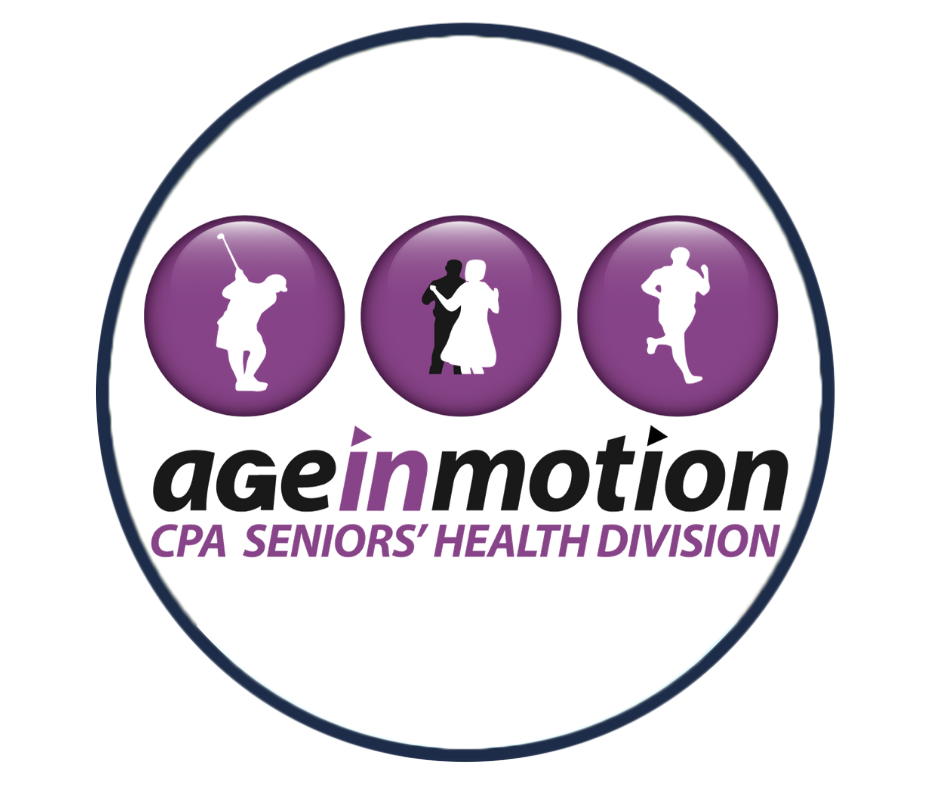Cancer Self-Management and Exercise Intervention in Frail Older Adults with Cancer

Cancer Self-Management and Exercise Intervention in Frail Older Adults with Cancer
1 hour
Overview
Older adults with cancer often have multiple comorbidities and are at high risk of frailty and loss of physical function following cancer diagnosis. There is a need for specialized cancer management that is better tailored to the unique needs of the geriatric oncology population. Rehabilitation professionals have an important role to play in supporting function and mitigating frailty in older adults with cancer. However, little is known on how to adapt clinical assessment and management strategies in cancer rehabilitation for the geriatric oncology population.
In this session, Dr. Kristen Haase and Dr. Schroder Sattar will review cancer care considerations for frail older adults with cancer. Specifically, they will discuss the role of and latest evidence on self-management strategies and exercise interventions in cancer rehabilitation practice. This information will help physiotherapists working in geriatric oncology to tailor their clinical rehabilitation services and better address the distinct needs of their clients.
This webinar will be presented by Dr. Kristen Haase and Dr. Schroder Sattar, and brought to you by the Seniors' Health Division & Oncology Division of the Canadian Physiotherapy Association.
Speaker Bios:
Dr. Schroder Sattar is an Associate Professor at the College of Nursing, University of Saskatchewan. Schroder’s research focuses on functional performance, falls, and exercise interventions in older adults with cancer. Her current research includes a randomized controlled trial investigating the efficacy of a remotely delivered exercise training program on improvement of lower body strength and balance, and fall prevention in older adults (age ≥65) with cancer.
Dr. Kristen Haase, RN, PhD (she/her/hers) is an Assistant Professor at the School of Nursing at UBC and an Affiliated Scientist at BC Cancer Research Institute. Her research program centres on supporting older adults as they manage cancer, chronic disease, and wellbeing, in domains of symptom science, self-management, and technology-enabled interventions.
The instructors

We are committed to education physiotherapists ad the general public about the essential role of cancer rehabilitation in the continuum of cancer care.
Our vision is to improve the quality of life, independence and well-being of individuals affected by cancer.
Our Mission to promote and advance the practice of physical therapy for cancer patients and survivors by promoting ongoing evidence-based education, facilitating inter-professional collaboration, and fostering the exchange of clinical and research knowledge between its members.
We strive to advocate for the unique role of physiotherapists in the continuum of cancer care; Increase public awarenes of the benefits of physiotehrapy in the care of cancer patients and survivors; Ensure that patients have unencumbered access to cancer rehabilitation services; Promote ongoing professional development; Encourage the development and publication of research within the field of oncology; Provide its members with opportunities for networking and collaboration

The Seniors’ Health Division (SHD) is a special interest group within the Canadian Physiotherapy Association. SHD is committed to providing members with services related to older adult health and physiotherapy practice.
It is comprised of physiotherapists from across Canada who work with older adults in a variety of practice settings, including acute geriatric care, geriatric rehabilitative and restorative units, long term care settings, community based and home care settings.
SHD is a member of The International Association of Physical Therapists working with Older Persons.
Vision of the Seniors' Health Division: Older Canadians are moving, moving more and moving better with the help of physiotherapists.
Mission of the Seniors' Health Division: To support our members in providing excellent physiotherapy care to optimize the independence and quality of life of older adults.
